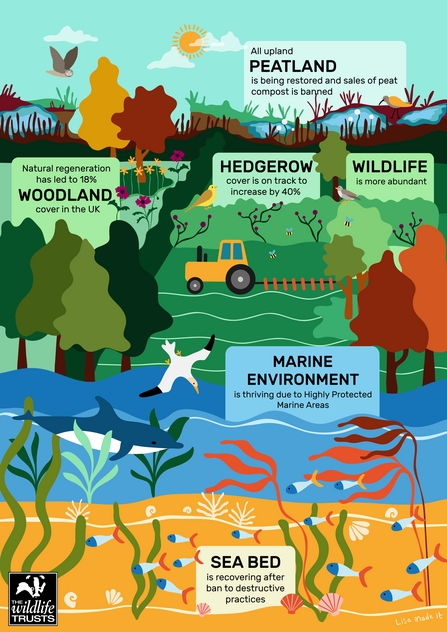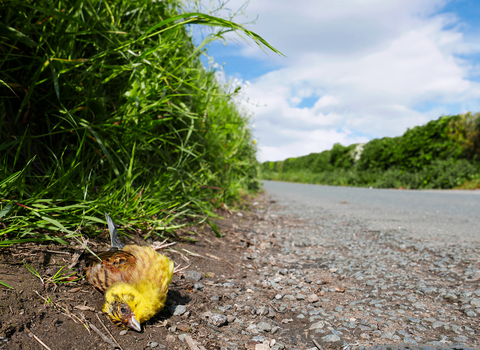After months of chaos we finally have what seems like a stable government. The challenges facing it are huge. While our new Prime Minister appears to have a lot less antipathy towards the green agenda than his predecessor, we still don’t know exactly where he stands on many issues.
His decisions to reinstate the ban on fracking and attend the COP27 climate conference are reassuring. But the failure to set environmental targets by the legal deadline, the obsession with drilling for more oil in the North Sea and continuing uncertainty over the new farming subsidy regime (ELMS) are deeply concerning. A key test in the coming weeks will be his approach to the Retained EU Law bill, which could potentially wipe out 570 pieces of regulation and environmental protections built up over decades.
Why should we be the slightest bit concerned about losing a bit of regulation? Like death and taxes, regulation feels like one of life’s inevitabilities, and it’s hard to find politicians or business leaders that have much good to say about it. The very word is often bandied about as an arch gremlin, encapsulating everything that drives us mad and spoils our fun – unnecessary form filling, impenetrable websites, bureaucratic delays. I’ve heard it savaged in conversations with farmers trying to access subsidy payments or with friends struggling to change their phone provider. In many political circles it has come to represent everything that frustrates growth and puts dampers on progress. Scrap the regulation and we’ll be happy, wealthy and free!






